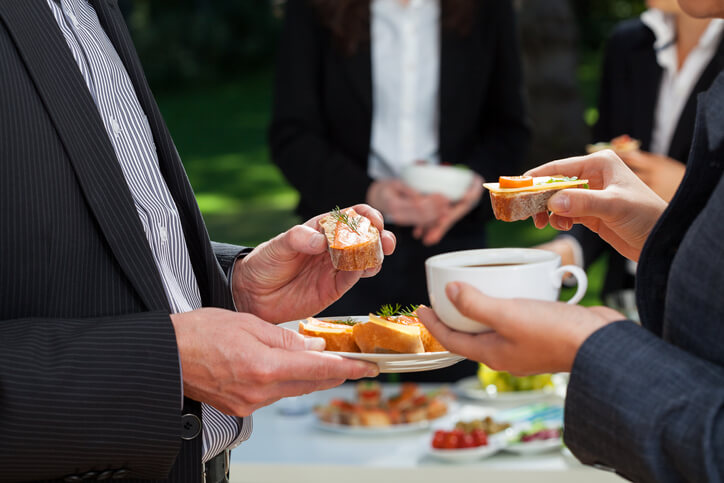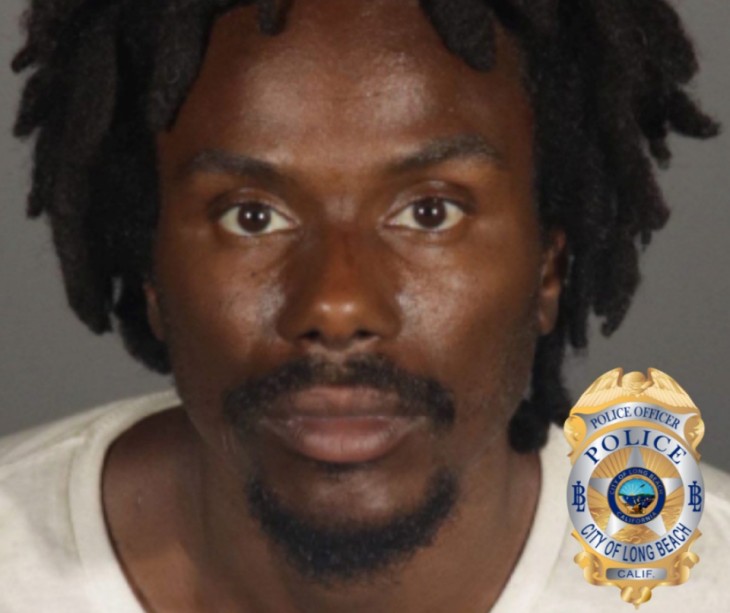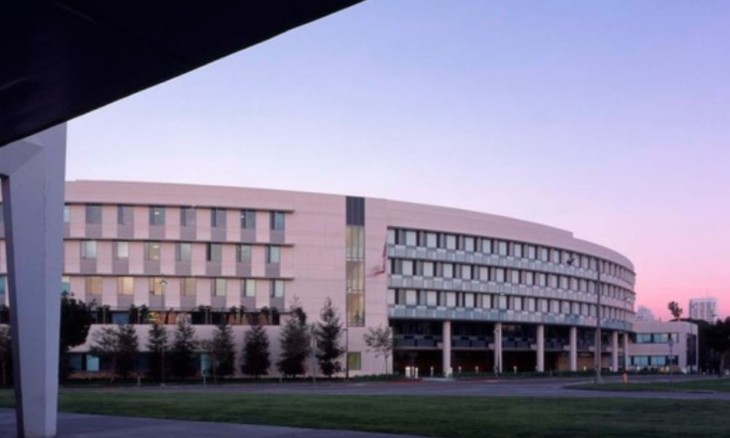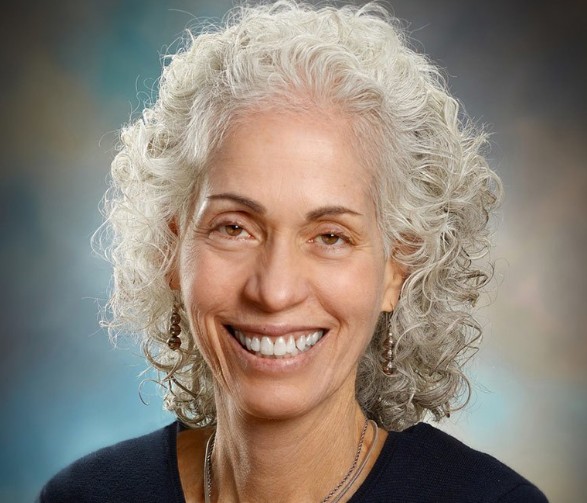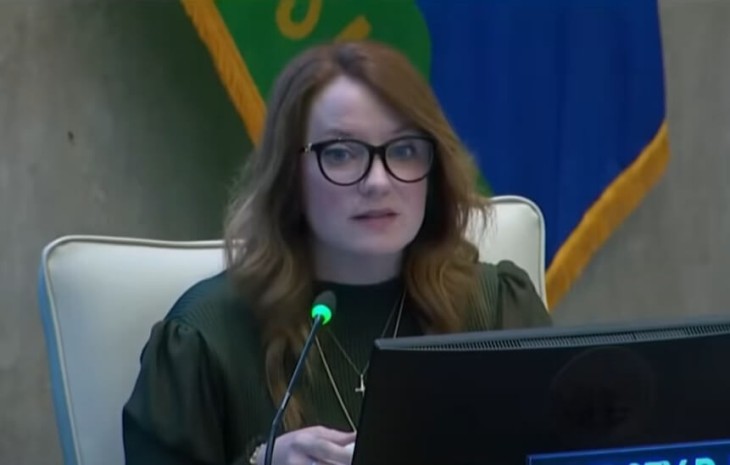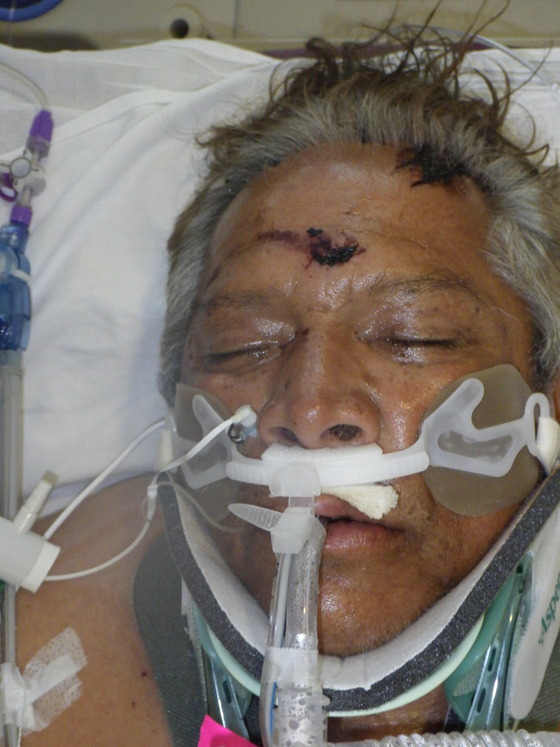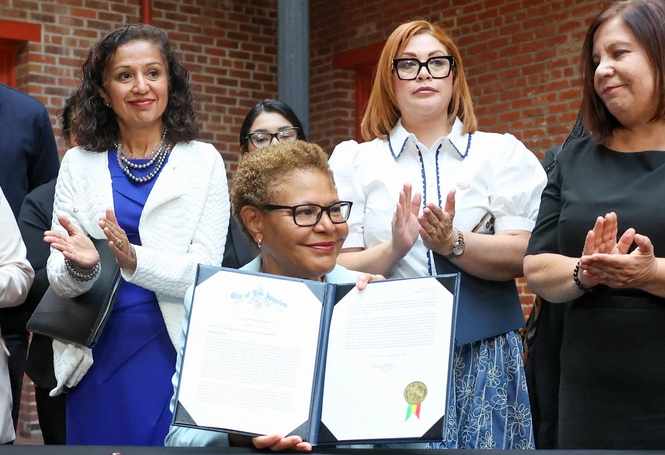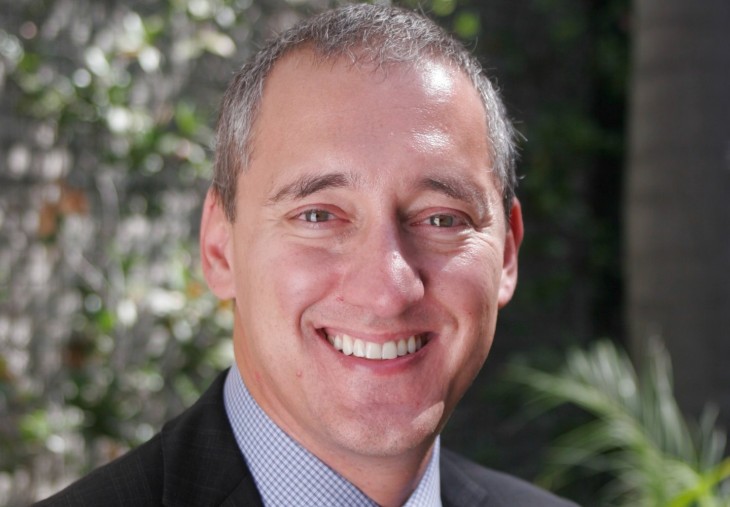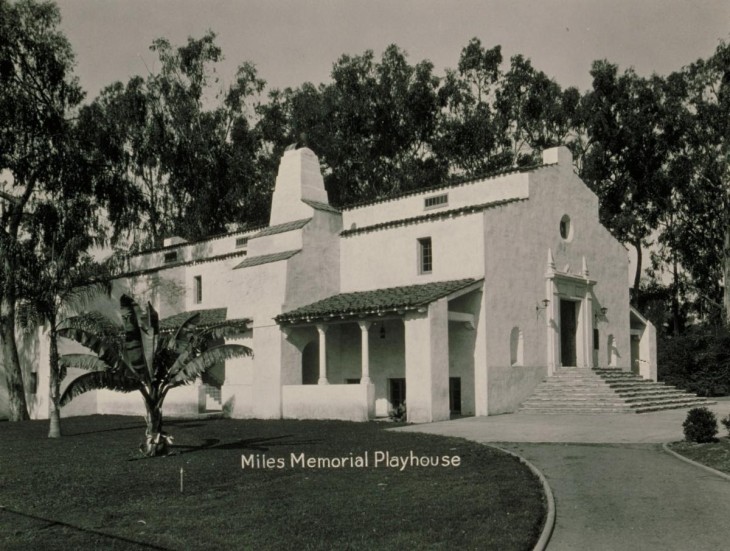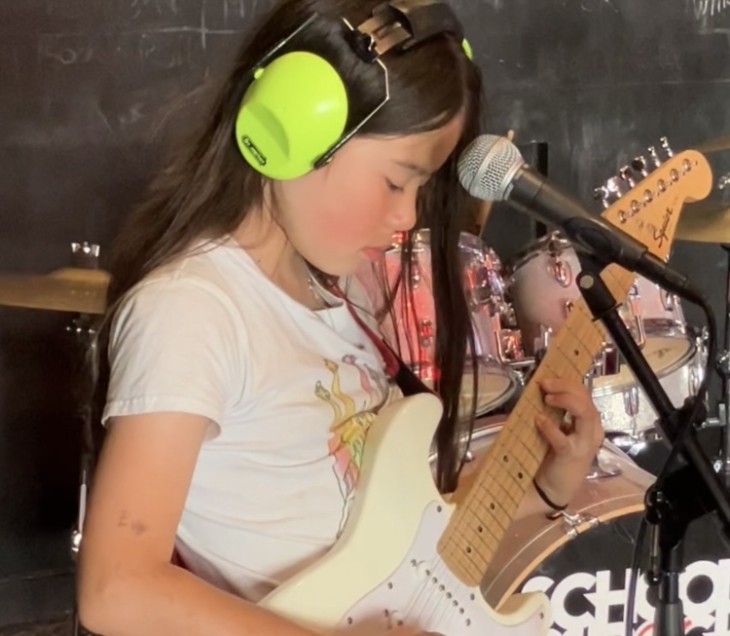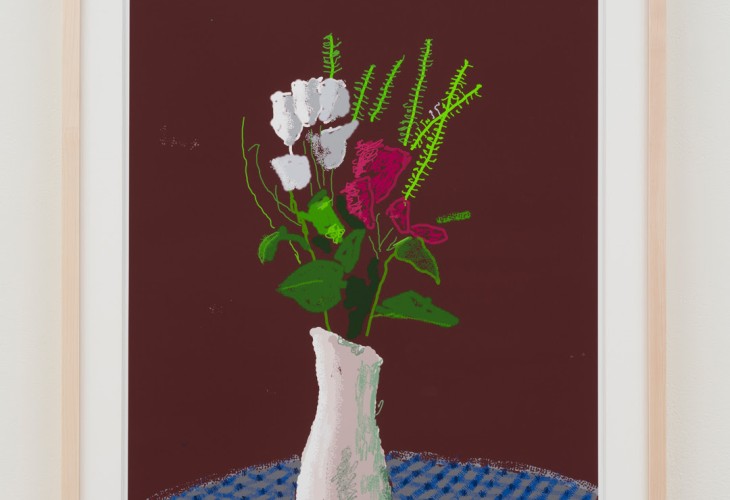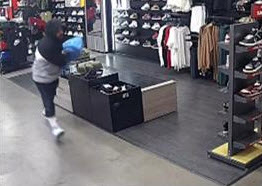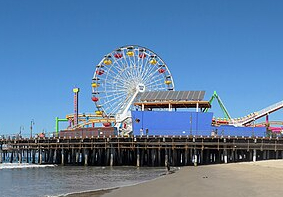People will talk all day about “power” in political and social contexts, and yet you may not always be sure exactly what they’re talking about. Back in 1989, hip hop pioneers Public Enemy advised their listeners to “Fight the Power” and when the song was folded into Spike Lee’s successful film “Do the Right Thing”, viewers black and white were pretty sure everybody had the same notion of what “the power” was. Still, one of Public Enemy’s producers went on record at that time to carefully explain that the song wasn’t about fighting authority, but about fighting “abuse of power.” He didn’t have to further explain that “Fight the Abuse of Power” makes for a clunky song lyric.
Everything old was new again when the anti-corporate Occupy Wall Street protest gave rise to a similar occupation in downtown Los Angeles this week. Several hundred people set up a camp in front of Los Angeles City Hall and told everybody they planned to stay there. Various handmade protest signs cited “power” and whether it should be returned to the people.
The Occupy Wall Street energy, at first, seemed to be struggling for a theme. Then right around last weekend, it became clear that the idea was that the protestors represented “the 99 percent.” In terms of the shift of wealth and political influence toward the richest one percent of Americans, the occupants if I can use that term represented the remaining 99 percent; the ones without wealth and influence, or power.
There are those right now who would like to reduce the size and power of government. A lot of things are mentioned in speeches and materials from those people, but inevitably there’s always at least one reference to reducing environmental regulations that allegedly make it too hard for industry to do business. They’re fighting the power… of common sense protections intended to keep our entire planet from becoming a toxic waste dump.
So your “power” might not be my “power” but it’s likely that we both, at some level, want more power right now. Many of us would like to see Obama have more power over obstructionism. Ironically those that are doing the obstructing tell us it is they that are fighting the power. And thus are we able to see the straight line between rap giants Public Enemy and Newt Gingrich.
I’d like to pitch that we agree to at least give back to each other the individual power that we’ve always had. At the top of that “To Do” list would be making sure the 2012 elections were free and clear of any allegations of rigged voting machines and this horrible voter registration and ID business designed to take votes away from specific groups of voters. Making all voting feel clean again would be a real boost to our feelings of power.
Next on that list might be making sure that the individual power we do have is properly deployed. At one point my partner Joan and I lived in the Venice canals. There was a dust up in which fired-up animals rights people were out to save the migrating ducks that often took a break in their travels in the peaceful waters of the canals. A powerful bird infection was being passed by ducks that was killing them in large numbers, and the government wanted to round-up and put down the canal ducks in an effort to control the spread of the epidemic. I remember thinking that those who passionately fought the duck killings never visited a Chinese restaurant and looked at the menu.
There’s a wonderful new show at the Hammer Museum, “Now Dig This!: Art and Black Los Angeles 1960–1980”, that highlights the vital legacy of the city’s African American artists. The work from those artists at that time was deeply informed by the civil rights and Black Power movements. Various artistic interpretations of the Black Power salute—a raised clenched fist—appear in the beautifully curated show. There was nothing vague about the idea of power back then, and certainly very few were taking any power they had or might get for granted.
I’d hate to think that things are going to a place where we’ll be pointing at each other, determining those who are part of 1 percent problem or which of us represents the remaining 99 percent. We made such a tortuous journey back in the day when we divided ourselves by other criteria. Yet with every new “upscale” retail shopping development, or upscale anything… we seem to be drawing more and more lines. There’s ugliness in audience applause for wrong-headed cruelty during something as theoretically civilized as a Presidential debate. Money and influence are powerful, and we know there are serious imbalances. We know there are shortages of power. But we also continue to have the power of reason. That can guide us around intolerance, past greed, beyond abuse. To not use the power of reason would be letting the one percent have way too much power.
Follow The Mirror on Twitter: twitter.com/SMMirror
Follow The Mirror on Facebook: facebook.com/SMMirror


